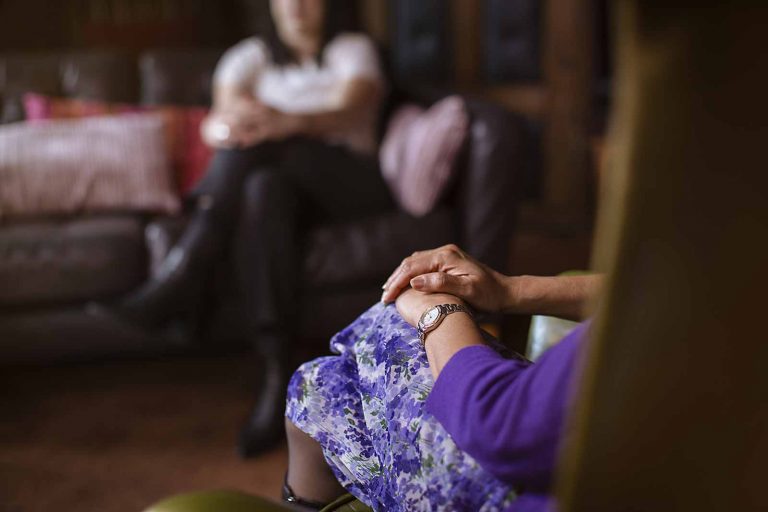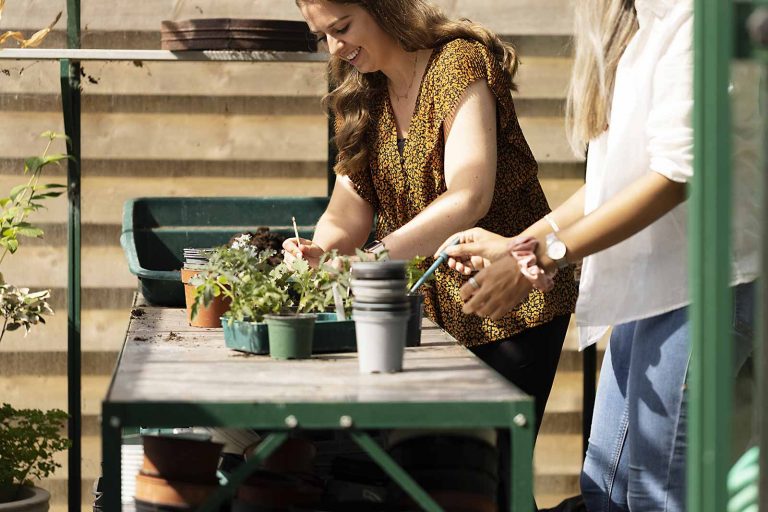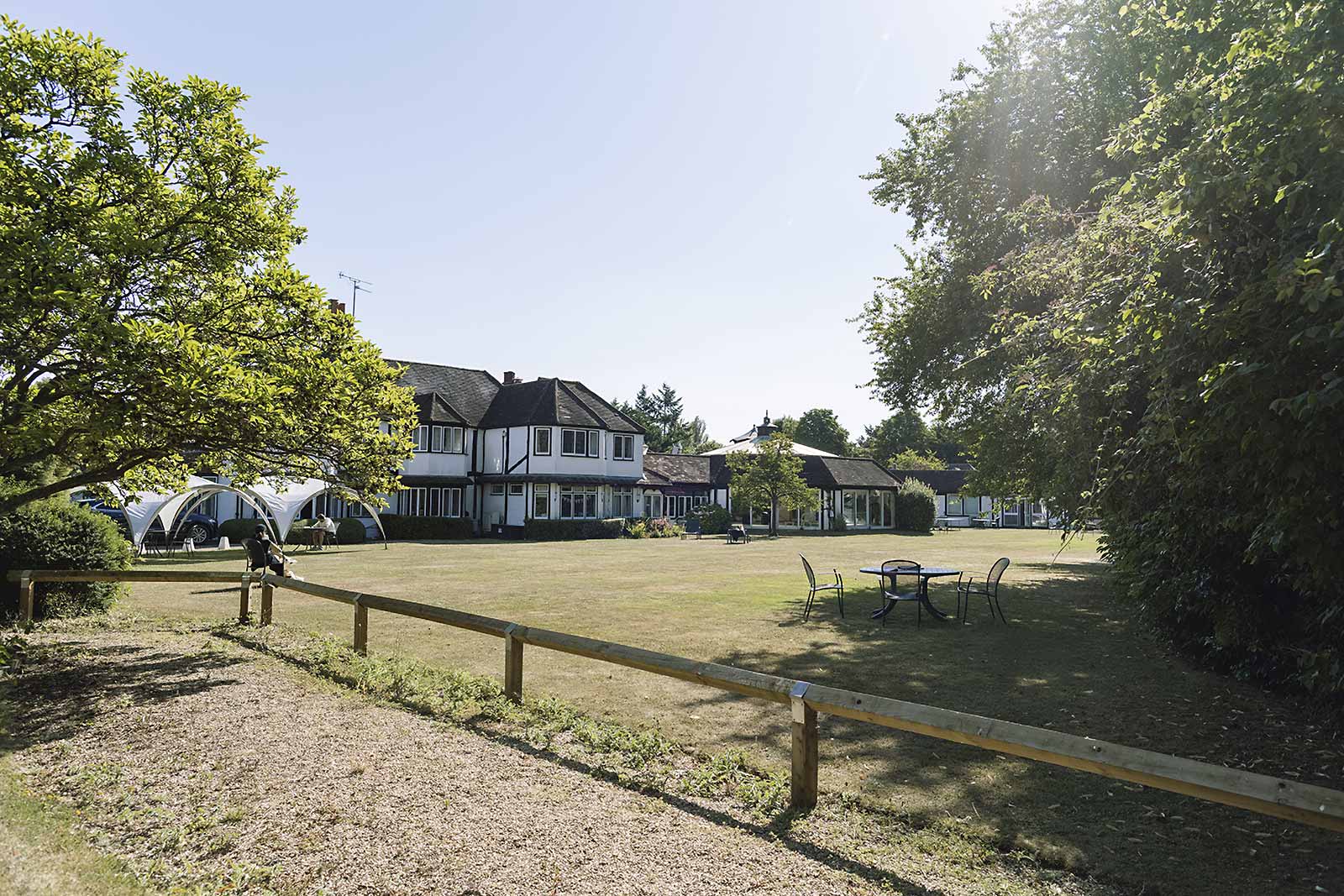Food Addiction
What is food addiction?
Scientists believe that food addiction may play an important role in the cause of obesity. However, it is also true that people within the correct weight range for their height can suffer with a food addiction. People who are addicted to food will continue to over eat despite the negative consequences, which could include weight gain and damage to relationships.
Symptoms of food addiction
- Eating more than planned of certain foods when starting to eat
- Continuing to eat certain foods although no longer hungry
- Eating to the point of feeling unwell
- Worrying about not eating certain types of food or worrying about cutting down on certain food types
- Going out of your way to get certain foods when they are not available
- Eating sensibly in front of others and making up for it when alone
- Eating linked to emotions
- Eating foods in large amounts or so frequently that eating takes place instead of working, spending time with family or enjoying hobbies
- Due to the fear of over eating, social situations are avoided knowing certain foods will be available
- Daily functioning is effected by food and eating
Causes of food addiction
The over-eating of highly palatable foods, such as those foods which are rich in fat, sugar and salt, trigger chemicals in the brain such as dopamine that make us feel good. When people experience the pleasure from eating these foods, they quickly feel the need to eat again. People who overeat may be using food to cope with negative emotions. They may think about food a great deal and may feel guilty, ashamed or depressed after eating.
Treatments for food addiction
An assessment with a consultant psychiatrist will determine if a food addiction is present. It is likely they will refer you to a psychologist who will work with you to identify if there are psychological reasons for the addiction and look to address them.




Medication for food addiction
In many cases, depression and anxiety will be present and your consultant may prescribe antidepressant medication to ease these symptoms. Your psychiatrist may prescribe a weight loss drug and will explain the different treatment options available and make a recommendation based on your individual circumstances.
Therapy for food addiction
Your consultant may refer you to a psychologist who you will see on a 1:1 basis. They are likely to use talking therapies such as Cognitive Behavioural Therapy (CBT). CBT focuses on challenging and changing unhelpful behaviour and improves emotional regulation as well as developing personal coping strategies. Some patients benefit from a group environment where they can share their experiences and learn from others. The consultant may recommend attending our day patient programme. You can attend for a single day per week or up to three full days per week, and participate in the therapeutic programme that runs throughout the day. For those patients that require a more intensive approach to treatment the consultant may recommend admission to the Clinic. Day-patient and in-patient treatment are likely to be recommended if there is another mental health condition as well as food addiction.
Outcomes
As part of your treatment you will learn and develop coping strategies to prevent you from participating in addictive behaviour.
We're here to help you
Call Cardinal Clinic on 01753 910729
Or refer yourself for care, make an enquiry
or arrange a free nurse consultation via our
help hub.
A calm environment dedicated to your care
Rated ‘Outstanding’ for care and overall ‘Good’ by the Care Quality Commission, Cardinal Clinic works tirelessly to offer an elevated patient experience from exquisite and fresh chef-prepared meals, to comfortable and relaxing accommodations. Situated in a private estate in the heart of Windsor’s green belt, residential in-patient care, day care and out-patient services are offered.


